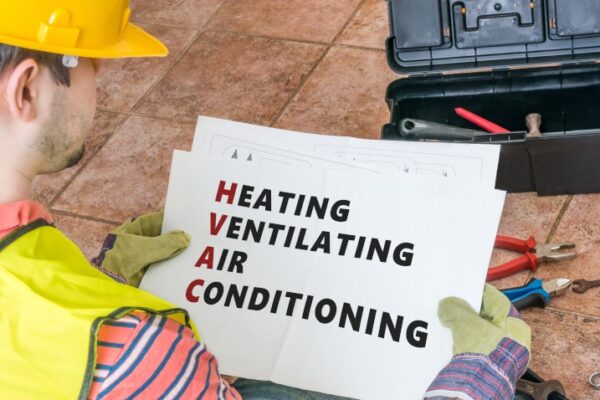
There’s so much information about HVAC that it can be hard to tell the truth from the myths. The misconceptions aren’t only misleading but may end up costing you expensive repairs and maintenance. Here are the most common HVAC myths that homeowners in Warner Robins, GA, read about:
If There’s Nothing Wrong, There’s No Need for Maintenance
Regular maintenance keeps your system in top shape for years. Parts of your HVAC system require regular maintenance to prevent breakdowns that lead to expensive repairs. HVAC maintenance also extends the service life of your system and ensures that it stays efficient throughout.
While you might not see any problems with your unit, it might have small issues that could later become big problems. You must know how to manage your system but also know when to call a professional service technician.
You Only Need to Change Air Filters Once Every Year
We recommend changing your air filters once every month. The majority of HVAC problems relate to airflow issues. Dirty filters reduce airflow into your system and may cause a problem.
Both the AC and the heater require a specific amount of air for proper operation. Dirty filters allow dirt and debris into your home, which lowers your indoor air quality and may cause health complications. Depending on the size of your household, change the air filter once every month or two.
The Bigger the System, the Better the Comfort
A larger heating and cooling system doesn’t mean more savings and improved comfort. When replacing your current HVAC unit, you must ensure proper sizing. An oversized system may provide comfort but will likely make frequent off and on cycles.
The cycles may create high levels of humidity, which pose a health risk. It may also contribute to issues such as dust and leaking ducts. Alternatively, smaller units will run longer than they should, increasing the energy consumption.
The HVAC service technician measures your home and analyzes areas such as insulation levels and any other factor that affects a system. The measurement and analysis ensure that you get the correct-sized unit for your home.
Ceiling Fans Cool Your Home When You Aren’t There
The fans don’t cool or heat your space. The ceiling fan only makes you feel cool due to the wind-chill effect. They don’t lower the temperature of your home.
We recommend using your ceiling fan as a supplement to your HVAC system. Turn the fan off when you leave the house.
Energy Efficiency Doesn’t Add Value to Your Property
Homebuyers prefer properties with energy efficiency features. Improving your home’s energy efficiency not only benefits you but is a selling point to your potential buyers. According to the NAR (National Association of Realtors), the cost of running an HVAC unit was crucial to about 85% of buyers.
Additionally, NAHB (National Association of Home Builders) ranked energy efficiency among the top influencers. This means that energy efficiency is among the most sought-after features and will continue to increase.
Closing Registers and Vents Will Reduce Heating and Cooling Costs
Despite having levers that allow closing, you shouldn’t close the vents and registers. Your HVAC system fits your home and balances the pressure throughout the ductwork. If one or more vents get blocked, they affect the airflow through the system.
If this happens, your home develops pressure problems that may lead to overworking of the system. Additionally, it may lead to the development of leakages in the ductwork.
Duct Tape Can Seal Air Duct Leaks
Duct tape cannot seal air duct leakages. If your system has leaks, we highly recommend professional sealing services.
Air duct sealing requires materials such as a mastic sealant or aluminum foil tapes. Service technicians can look for all leakages throughout the ductwork and seal them to prevent loss of conditioned air.
The few mentioned misconceptions can misguide you from making a wrong decision. Always consult professional contractors when you have issues with your unit. For more information about AC installation and repair, contact Pruett Air Conditioning.
Image provided by iStock

